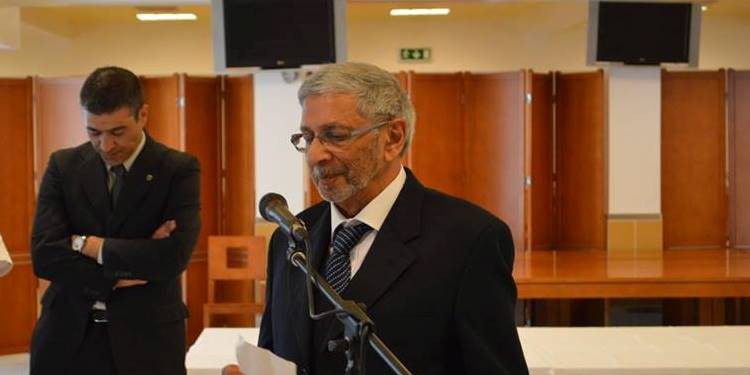A Soldier is not a Police Officer
Based on an economicist idea, and that of international criminal activity, drug traffic and terrorism deserve a more energetic, qualified and efficient combat. Defence has been advanced to entrust the internal security to the armed forces.
In the first place, it should be assured that the armed forces in Portugal continue to merit the maximum respect and prestige among the people and at a national scale. The same applies to the Republican National Guard (GNR).
However, military involvement in internal security issues on its own, defies the Portuguese Constitutional Law. In fact, the police come under Title IX (Public Administration) and the armed forces under Title X, (National Defence) against external threat or aggression. These two “titled” systematic juridical separations mean distinct juridical realities and entities.
Besides, the above-mentioned “militarist” (not military) argument follows a line that seems to discredit the security forces of the country; i.e. by subscribing a certification of incompetence to all police forces specially the Public Security Forces (PSP) and the GNR, which, with their especial corps have the mission to cope up with any internal threat and assure internal security and prevention. Otherwise, there is no indicator that the armed forces, especially due to their specific and special preparation, are better prepared for crime detection or prevention. A modest argument that can be advanced on this matter is that if anything goes wrong in this domain, concerning the police, why not first endow the security forces with better equipment, as demanded by the respective professional associations, before opting for the armed forces?
The Portuguese Constitutional Law does not exclude military collaboration and cooperation with civil structures and even foresees the control by the military in internal affairs, in cases such as the state of siege, emergency or public calamity. What the law does not allow is the control or the direction of police security forces, in peace time and democratic normality, simply on its own.
It must be said that the armed forces do not need the security forces to show their power, prowess or intervention capacity. The armed forces have their own universally recognized prestige. But the fact remains that the “militarization” of the police is a common means used in autocratic regimes, as can be easily testified by the recent past in Portugal.
A soldier is not a police officer. In times of peace and normality, it is not indifferent for a citizen in his daily life to be reproached by a soldier or police officer, however polite the former may be. The policeman should professionally make use of a technical and tactical preparation which, by way of principle, a soldier is not prepared to use professionally. That is why the saying goes that “a troop in the police, is neither a good police officer nor a good military man”.
European police federations such as CESP (European Council of Police Trade Unions) or the EuroCOP (European Confederation of Police) and the European Chart of Police recommend police institutions to be demilitarized. As such, defending the demilitarization of the police cannot be viewed as anti-military, but it certainly is anti-militarist, a concept that is surely sustained in democratic terms in Europe where EUROMIL represents uniquely the body and the spirit of the European military associations.
By António Bernardo Colaço, Judge, Supreme Court of Justice, Portugal

